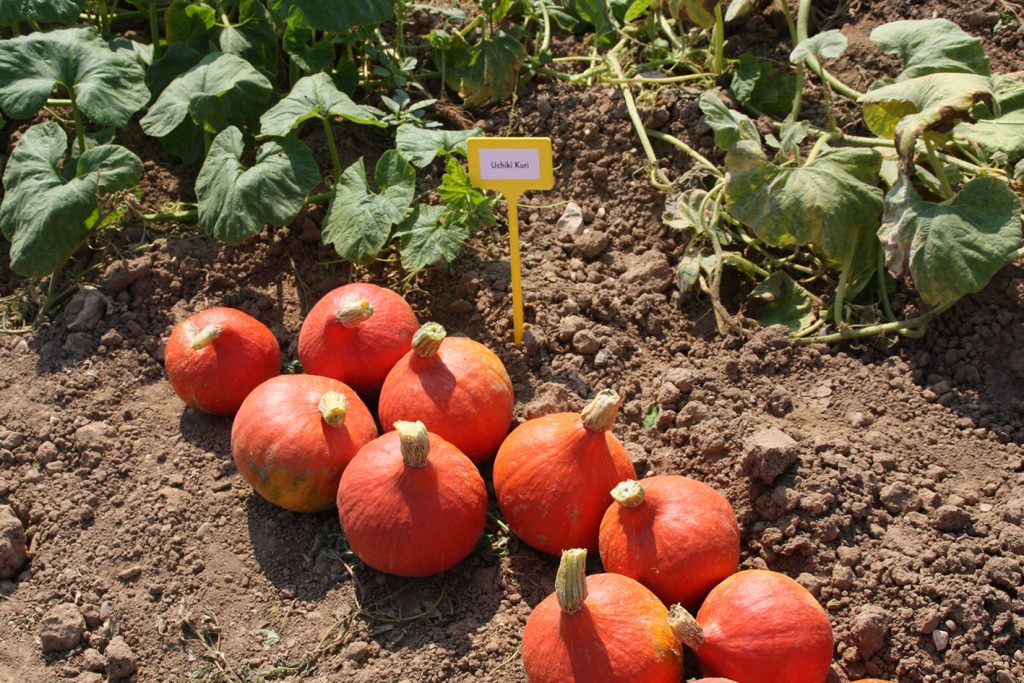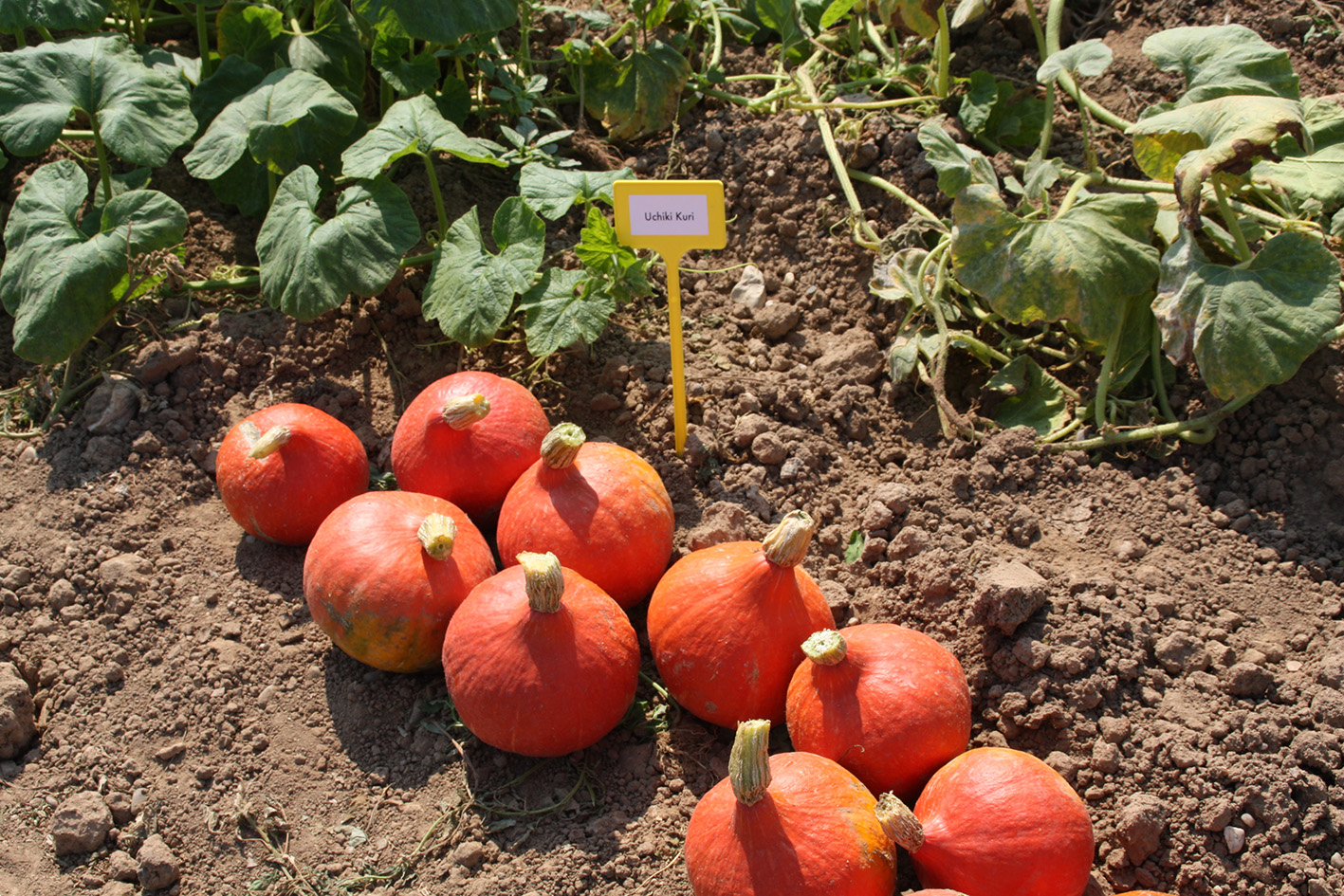EU organic fruit production increases 5% in 2018
© Réussir Fruits & Légumes
The European Union’s organic agriculture expanded by 6.0% in 2017 and by 7.6% in 2018, with area now surpassing 13.8 million ha, according to a report published by Agence Bio. Organic represented about 7.5% of the EU’s utilised agricultural area in 2018 (7.2% in 2017). There were 325,306 registered organic farms in 2018 (+4.9% compared to 2017).
In 2018, 56% of the EU’s organic growing areas were located in four Member States. Spain (16%) leads the way. France (15%) overtook Italy (14%) in 2018. In fourth place came Germany (11%). These four countries also accounted for 56% of organic farms: Italy (21%), France (13%), Spain (12%) and Germany (10%).
Looking specifically at fruit production, the EU organic area exceeded 1 million ha in 2018, which was up nearly 5% on the 2017 level. Fruit growing accounted for 7.5% of EU organic farming area. The region’s main producer of organic fruit in 2018 was Spain (38%). The country’s total area of 395,764 ha was up 8% from 2017. Andalusia (38%) is the main Spanish organic fruit growing region. After Spain comes Italy (35%), with 361,917 ha in 2018 (+1.5% vs 2017). In Spain, Italy, Greece and Portugal, olives are the main fruit grown organically, while in France, temperate fruits constitute the largest share of organic production. As for vegetables, Austria and France led the way in 2018, with 34% and 23.3% shares respectively.




